When it comes to safeguarding your most important belongings, a safe is your best friend. You might think of a safe as a place reserved for diamonds or stacks of cash, but it’s also a brilliant spot for everyday things that you absolutely need to protect. Keeping certain items secure can save you a headache down the line or, in some cases, safeguard your identity and financial health. Here are 13 everyday items you should consider storing in a safe, because peace of mind is priceless.
1. Birth Certificates
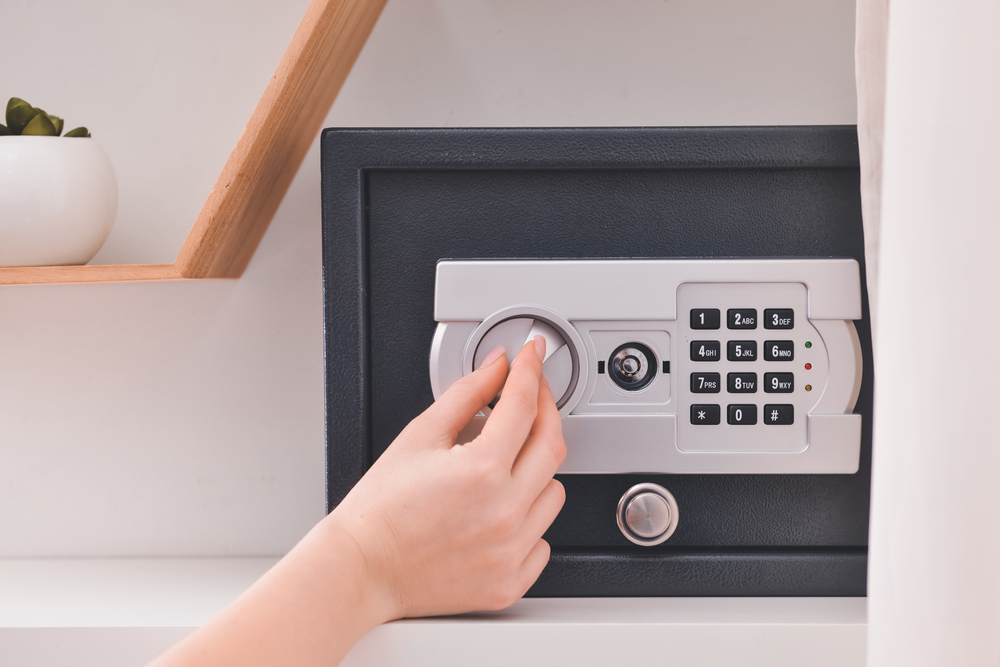
Your birth certificate is one of the most important documents you’ll ever own. It’s your ticket to proving your identity and claiming your rights as a citizen. Whether you’re applying for a passport, enrolling in school, or getting a driver’s license, this document is indispensable. According to the National Association for Public Health Statistics and Information Systems, replacing a lost birth certificate can take weeks, and the process varies significantly from state to state. By keeping it in a safe, you ensure it’s protected from both loss and damage, sparing yourself from bureaucratic red tape in the future.
Equally concerning is the potential misuse of your birth certificate if it falls into the wrong hands. Identity thieves could use it as a stepping stone to access other personal and financial information. Keeping it tucked away in a safe reduces the risk of identity theft. It’s also a good idea to make a certified photocopy for quick access, should you need it. Remember, the original should always be kept under lock and key.
2. Social Security Cards
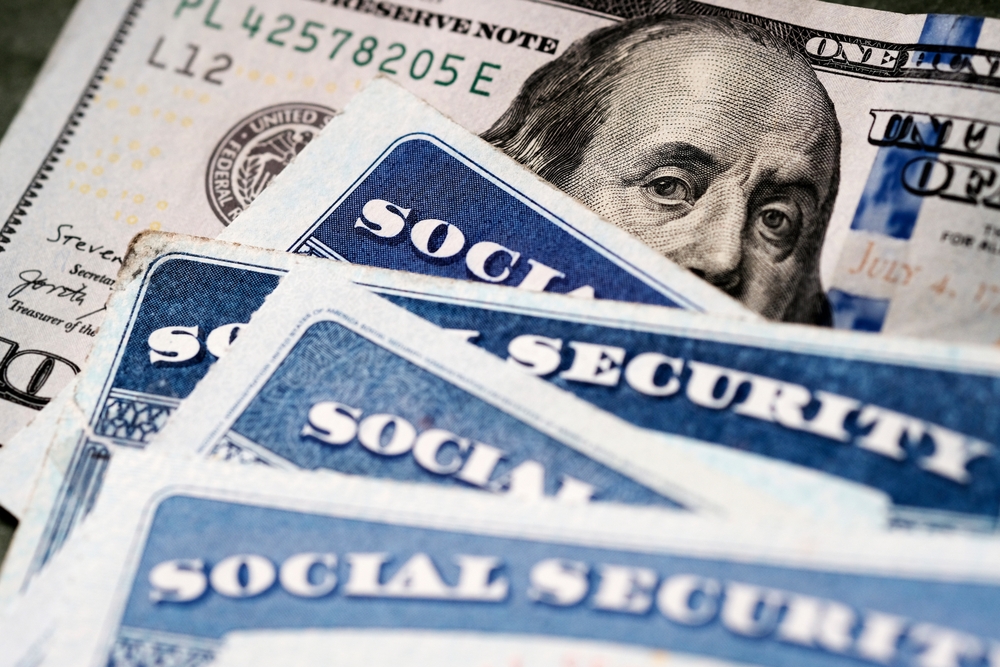
Your Social Security card is another vital piece of identification that shouldn’t be left lying around. While you may need it for job applications or to open a bank account, it’s not something you use daily. Keeping it in a safe ensures it’s there when you need it, but not at risk of being misplaced or stolen. Consider it a key to your identity; without it, opening doors becomes a lot harder. The hassle of replacing a lost Social Security card simply isn’t worth the risk of leaving it unprotected.
Moreover, a stolen Social Security card can cause untold damage. Thieves can open credit accounts, file fake tax returns, and wreak havoc on your financial well-being. This is why it’s so crucial to limit access to this card, only taking it out when absolutely necessary. Placing it in a safe keeps it secure while allowing you to focus on using your identity for what truly matters. After all, the best protection is taking preventive measures before anything happens.
3. Financial Documents

Every piece of paper related to your financial life, from tax returns to bank statements, deserves a spot in your safe. These documents not only contain sensitive information that identity thieves crave, but they also hold significant importance for your future. When you need to apply for a loan, refinance a mortgage, or resolve a financial dispute, these records become invaluable. According to financial advisor Jean Chatzky, having an organized, secure location for these documents can streamline your financial life and reduce stress. It’s one less thing to worry about when you know exactly where everything is.
Storing financial documents in a safe also protects them from damage. Whether it’s a natural disaster or a simple spill, you don’t want to risk losing years of records. A fireproof and waterproof safe offers peace of mind that your financial history is untouchable. Plus, having quick access to these documents can make tax season a breeze. Keep them organized and secure, and you’ll thank yourself later.
4. Passports
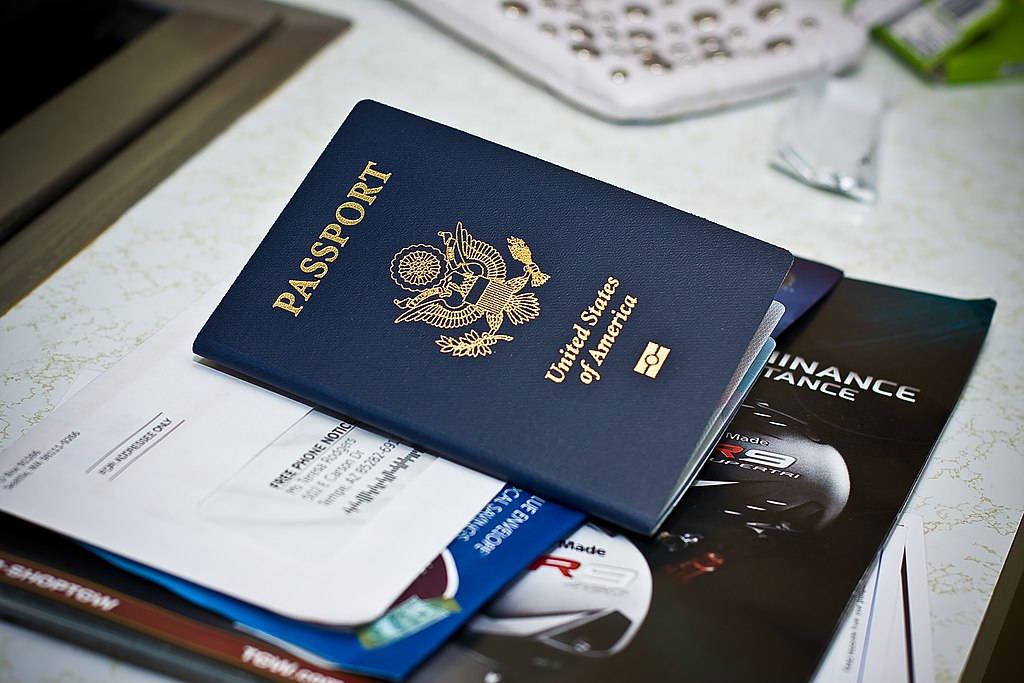
Your passport is more than just a travel document; it’s an international proof of identity. Keeping it safe ensures that spontaneous travel opportunities are never hindered by a frantic search for this crucial document. While it’s tempting to keep it with you for identification purposes, it’s wiser to store it securely when not traveling. This way, you minimize the risk of losing it in everyday routines or having it stolen.
A lost or stolen passport can lead to an array of complications, from identity theft to travel interruptions. Replacing it is neither quick nor inexpensive, and the process can be fraught with delays. Storing your passport in a safe helps prevent these hassles. Moreover, it’s a good practice to keep a photocopy or a digital scan in a secure place, just in case. A safe provides the perfect balance between protection and accessibility when you need it the most.
5. Legal Documents
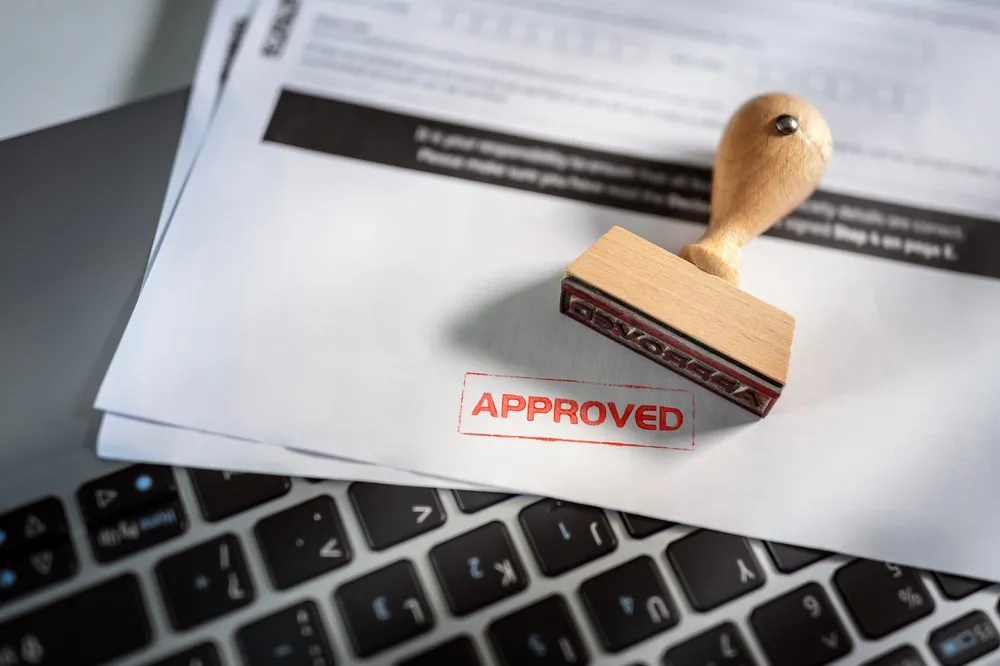
Legal documents like wills, power of attorney papers, and property deeds deserve their own secure spot. These papers often represent significant aspects of your life, from your wishes in case of incapacitation to proof of ownership. Losing these could lead to legal headaches and disputes, not to mention the costly process of legal reconstruction. According to estate planning attorney Tanya Marsh, keeping these documents secure ensures that your intentions are clearly followed and respected. It’s all about eliminating ambiguity and cementing your wishes.
Storing legal documents in a safe also ensures they’re protected from potential disasters. A fire or flood could render important papers unreadable, complicating future legal proceedings. A quality safe designed to withstand such events can provide peace of mind. It’s also wise to inform a trusted family member or your attorney about the location of these documents. Proper storage ensures that when the time comes, there’s no confusion about where to find them.
6. Expensive Jewelry
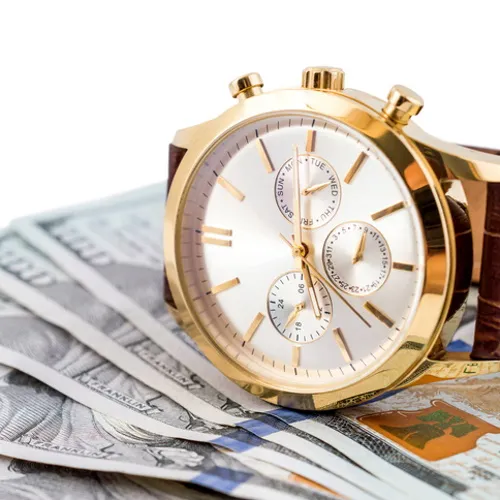
While you might love wearing your expensive jewelry, there are times when it’s better kept locked away. Items such as heirloom pieces, fine watches, and valuable gems carry significant monetary and sentimental value. When not being worn, placing them in a safe adds an extra layer of protection against theft or accidental damage. The peace of mind in knowing these items are secure can be invaluable, especially if they’re irreplaceable.
Besides theft, jewelry faces risks like scratches, tangling, and misplacement. Keeping them in a safe not only protects them from being stolen but also from everyday wear and tear. Consider a safe with a soft-lined compartment specifically designed for delicate items. This offers added protection for your precious pieces, preserving them for future generations. Remember, jewelry is not just an accessory; it’s a legacy, worth safeguarding.
7. Spare Keys
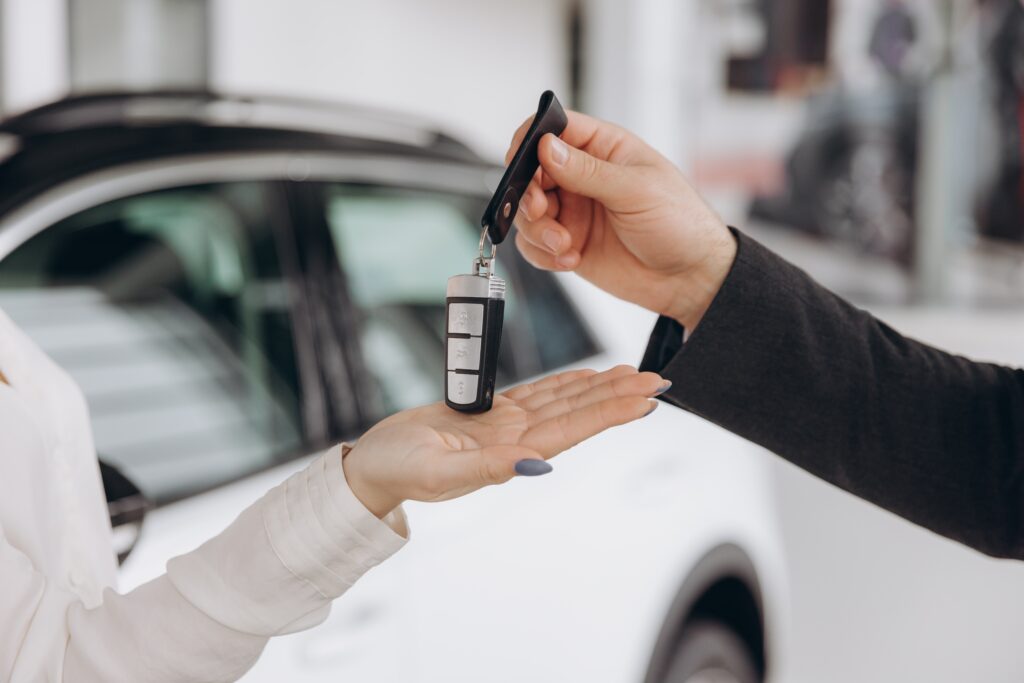
Spare keys might be small, but they hold significant responsibility. Whether it’s for your home, your car, or a vacation property, losing a key can lead to expensive lock replacements or inconvenient lockouts. Keeping spares in a safe ensures they’re always accessible and eliminates the stress of searching for them in a pinch. Locksmith experts like Richard F. Rawlings emphasize that a secure spot for your keys can save time and money when you’re in a bind. After all, the last thing you need is to be locked out when you’re running late.
Additionally, storing keys in a safe can prevent unauthorized access. This is particularly important if you have staff, like cleaners or maintenance workers, who might enter your home. A safe ensures that no extra keys are floating around without your knowledge. It also allows you to securely store keys for extended periods without worry. For the ultimate in protection, consider a safe with a digital code or biometric access, further ensuring that only you can retrieve them.
8. Cash Reserves
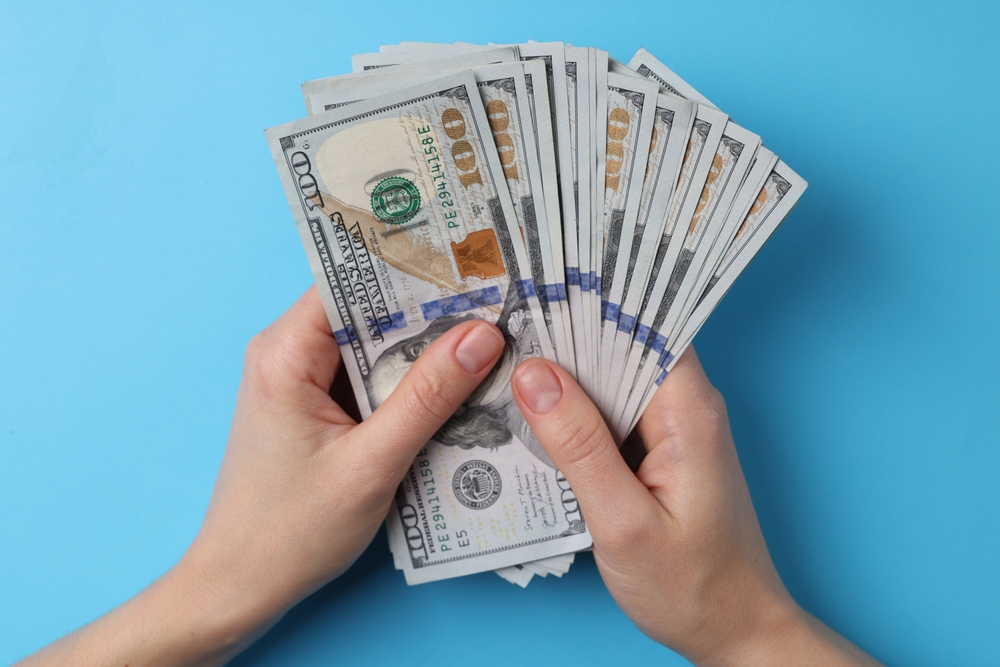
In a world driven by digital transactions, it’s easy to overlook the importance of keeping some cash on hand. Having a small cash reserve can be a lifesaver in emergencies, such as power outages when card readers are down. Storing cash in a safe not only protects it from theft but also ensures it’s there when you need it. It’s like having a financial safety net tucked away for a rainy day. Of course, the key is to decide how much is enough without going overboard.
While cash in a bank is secure, having immediate access to physical money can offer peace of mind. Emergencies like natural disasters or unexpected travel needs make cash invaluable. Keeping it in a safe guards against theft, loss, and potential misplacement. A well-hidden safe can also prevent curious eyes from knowing where your cash is stored. Remember, with great power (or cash) comes great responsibility.
9. Family Photos
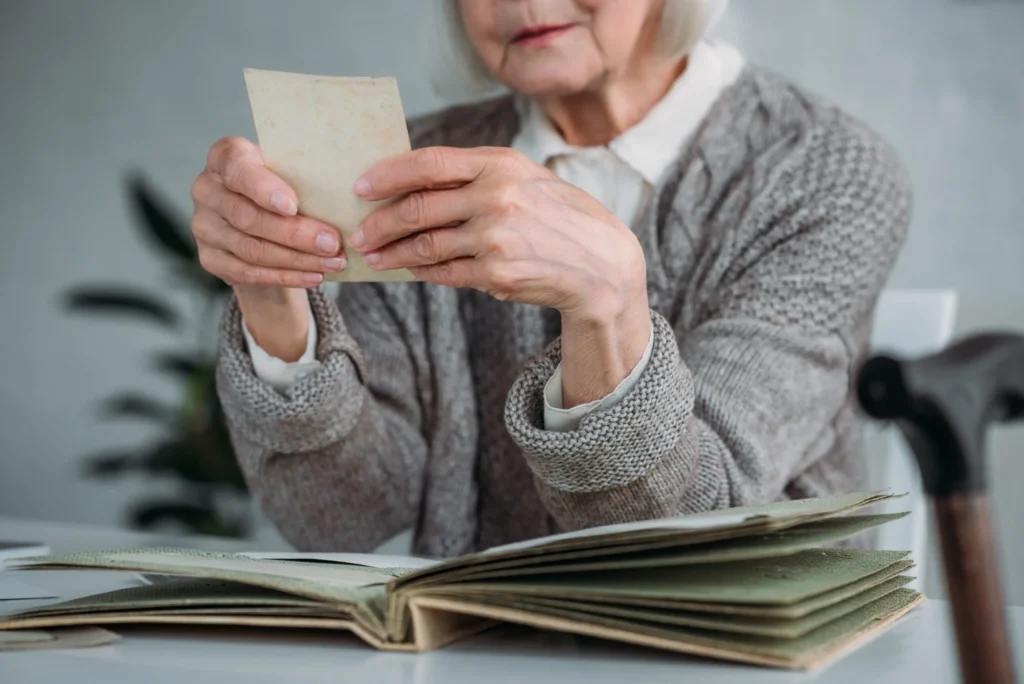
While you might have digital backups of your family photos, there’s something special about holding a physical copy in your hands. Family photos capture moments in time that are irreplaceable, from weddings to birthdays and everything in between. Storing these precious prints in a safe ensures they’re protected from damage. Whether it’s a leaky roof or accidental spill, you don’t want to risk losing these memories.
Besides protection from physical damage, storing photos in a safe can also shield them from unauthorized access. Some photos might be sensitive or private, and keeping them out of reach is paramount. A safe provides the assurance that these moments remain personal and secure. Plus, a safe is the perfect place to store negatives or original prints that can’t be easily reproduced. In the end, safeguarding your family photos is about preserving history for future generations.
10. Electronics
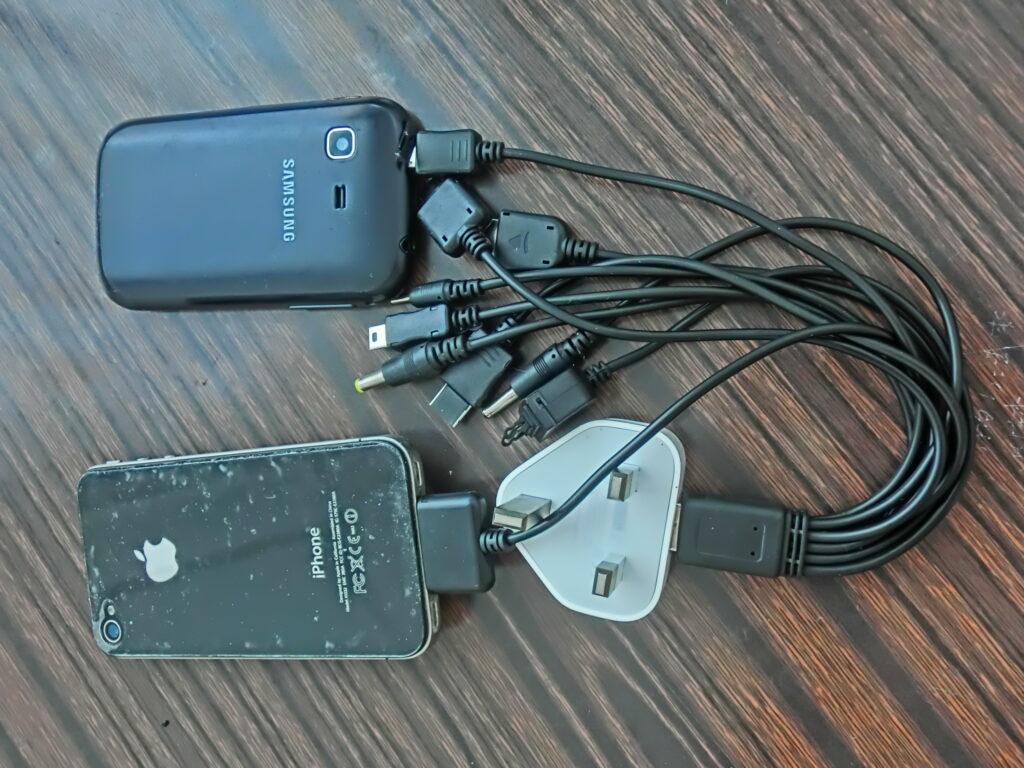
Your electronics, such as external hard drives and USB sticks, often hold vital information. Whether it’s family photos, important documents, or business files, losing this data can be disastrous. Storing these items in a safe ensures they’re protected from both physical damage and theft. A quality safe offers a refuge from fires, floods, and other hazards, safeguarding your digital life. It’s like creating a fortress for your valuable data.
Besides the obvious physical protection, there’s also the concern of data breaches. A stolen hard drive or USB stick can lead to unauthorized access to sensitive information. By securing them in a safe, you protect both the physical device and the data it contains. For added security, consider encrypting your data before storing it away. In a world where data is king, protecting your kingdom is more important than ever.
11. Insurance Policies

Your insurance policies are the blueprints to rebuilding your life after a setback. From home and auto to health and life insurance, these documents outline how you’ll recover if something goes awry. Keeping them in a safe ensures they’re accessible when you need them most, without the hassle of searching through clutter. It’s about being prepared for the unexpected and having everything in order.
Additionally, insurance policies contain sensitive personal information that should be protected from unauthorized access. Storing them in a safe keeps your details private while ensuring quick access when filing a claim. Consider keeping a digital copy on a secure cloud server as a backup. In the end, being organized and prepared can make all the difference in a crisis. A safe allows you to focus on recovery, not paperwork.
12. Medical Records
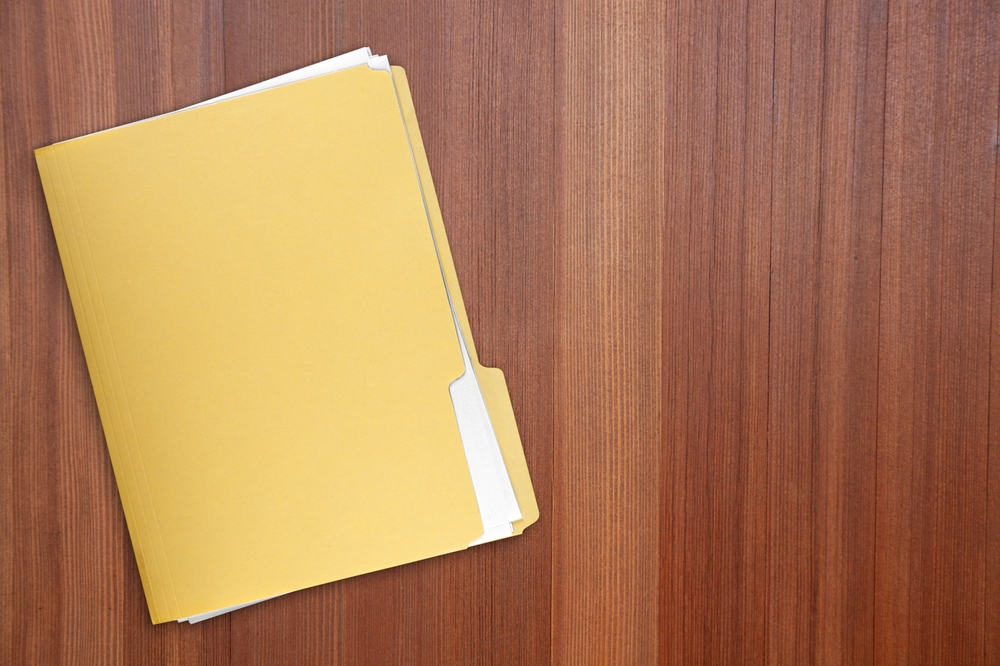
Medical records are a vital part of your personal history, detailing everything from allergies to surgeries. They’re not only important for your health but also for understanding family medical histories. Keeping these records in a safe ensures they’re always accessible, whether for a doctor’s appointment or an emergency. You wouldn’t want to scramble for these papers when time is of the essence. Think of it as having your medical history at your fingertips.
Besides accessibility, storing medical records in a safe protects them from prying eyes. Your medical history is sensitive information that should remain confidential. Ensuring these documents are secure keeps your personal details private and protected. Consider scanning them and keeping a digital backup for added security. In this digital age, having a comprehensive and secure record of your medical history is more important than ever.
13. Sentimental Items
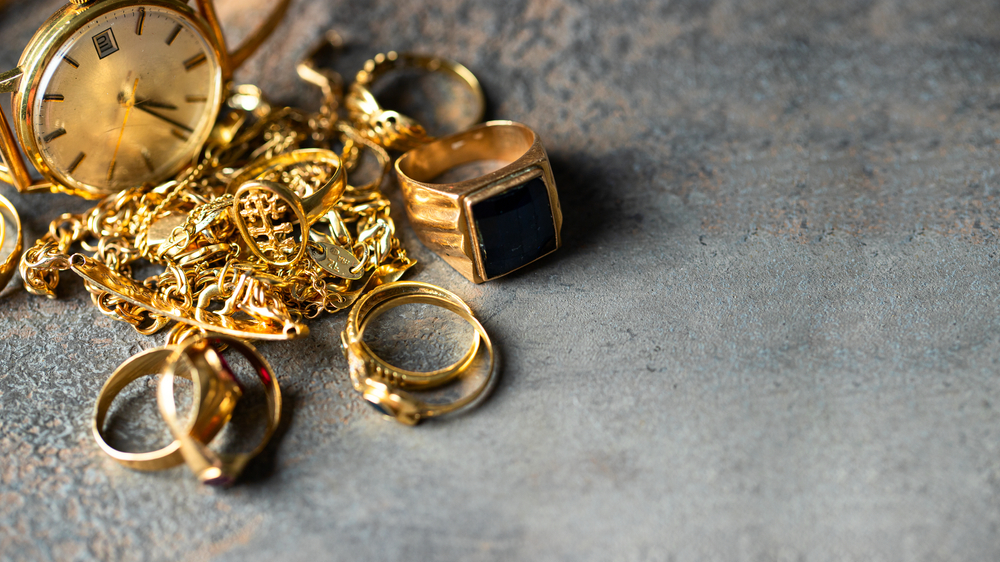
Sentimental items, like love letters, children’s artwork, or heirloom keepsakes, often hold value beyond money. They’re pieces of your personal history that connect you with loved ones and memorable experiences. Storing these items in a safe ensures they remain just as you remember them, untarnished by time or mishap. A safe provides a haven from physical damage, be it a flood or fire, protecting these irreplaceable treasures.
Moreover, sentimental items are often one-of-a-kind, with no easy way to replace them if lost. A safe not only shields them from elements but also keeps them out of reach of unauthorized hands. These items might not have a price tag, but their value is immeasurable. Ensuring they’re preserved and protected honors the memories and emotions tied to them. After all, some things are worth more than money.
This article is for informational purposes only and should not be construed as financial advice. Consult a financial professional before making investment or other financial decisions. The author and publisher make no warranties of any kind.








